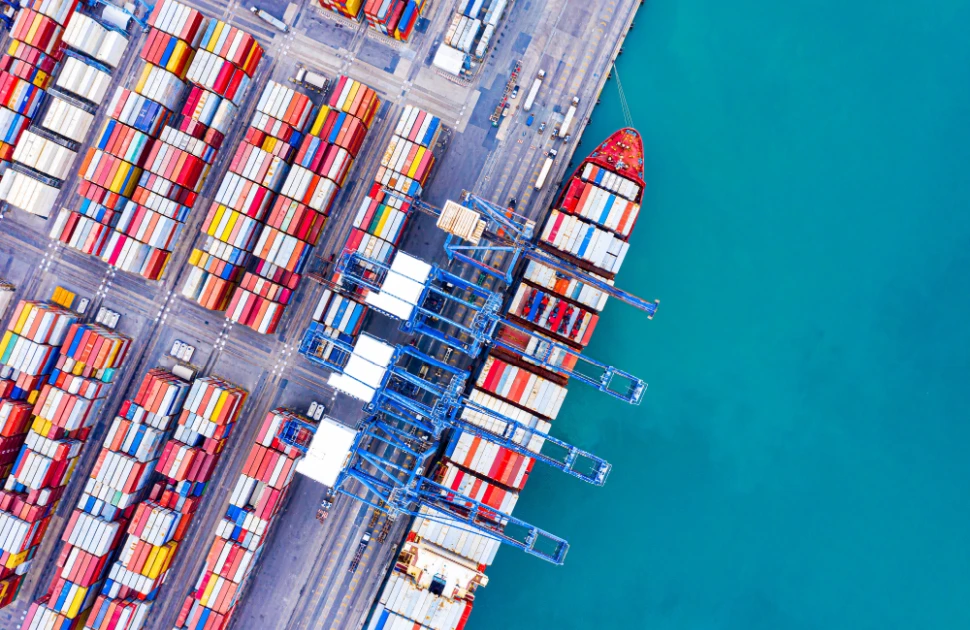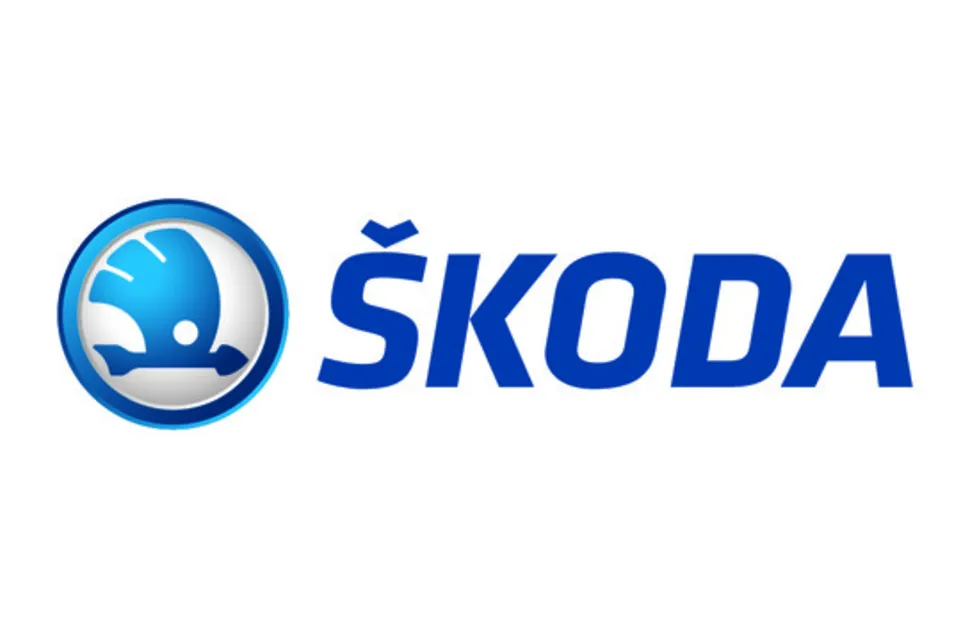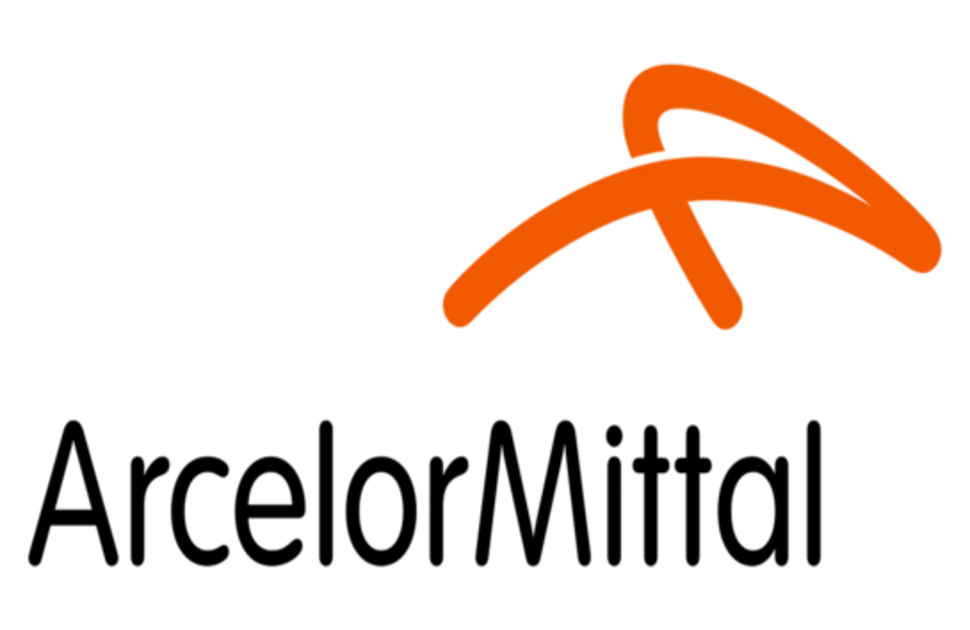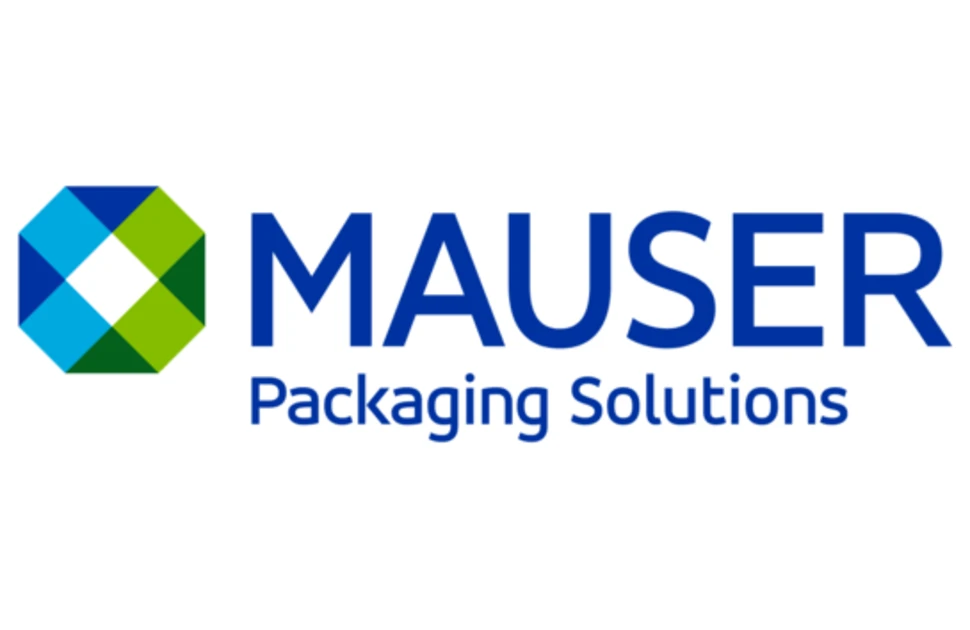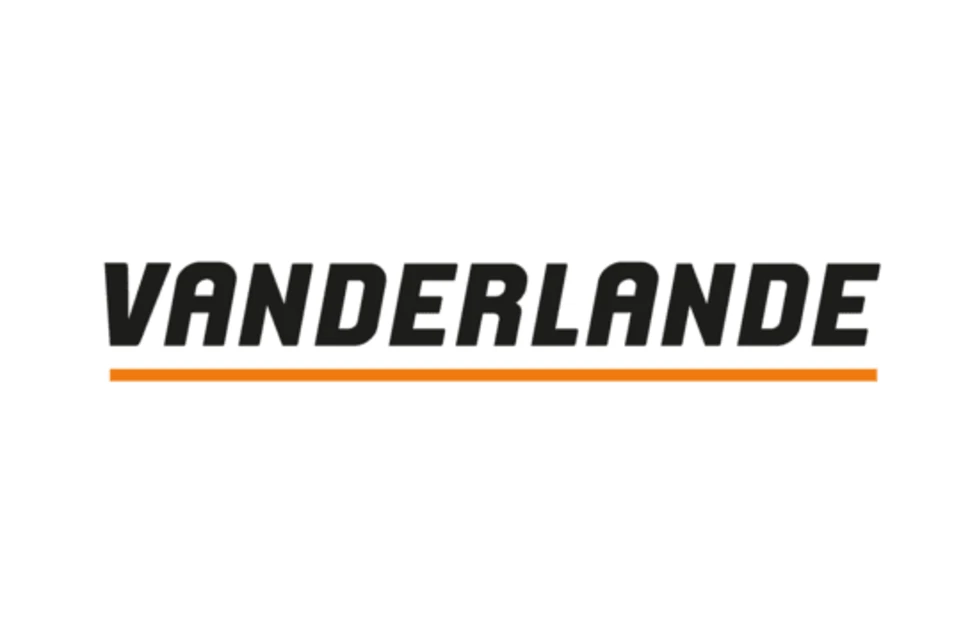ArcelorMittal closure threatens S. Africa longs supply
South African steel buyers expect the planned closure of the country’s only iron ore-based long products mill to result in rising import prices.
In late November ArcelorMittal South Africa announced its plan to close its steelmaking operations in Newcastle and Vereeniging. In a statement, the JSE-listed company said the decision had been precipitated by structural issues outside its control.
It cited a 20% fall in demand over the last seven years to four million tonnes, rising energy prices and supply disruption, and a prevailing scrap advantage over iron ore-based production due to government policies.
A 20% export duty and the recently imposed ban on scrap exports have brought domestic scrap prices down to ZAR4780 per tonne for grade 201. This is equivalent to USD260 per tonne, well below the current global scrap price of USD430 per tonne. As such, the policy has benefited South Africa’s EAF-based minimills.
Nonetheless, high transport costs and South Africa’s electricity load curtailment – prompting regular power outages – undermine domestic steelmaking in general, according to ArcelorMittal South Africa.
The steelmaker is responsible for around half of the country’s crude steel production. It currently produces flat products at its operations in Vanderbijlpark and Saldanha and longs in Newcastle and Vereeniging. The planned closure of the long products operations will affect approximately 3,500 employees.
Specific shortages
Respondents to research conducted for the December edition of MEPS International's Developing Markets Steel Review said that domestic minimills produce commodity grades of long products. The loss of ArcelorMittal’s Newcastle output means that specialised grades and long products of certain dimensions will no longer be produced in the country.
Consequently, the closure of the longs mills in Newcastle and Vereeniging is expected to increase South Africa’s reliance on imports. The country’s steel imports grew by almost 55%, to 1.43 million tonnes, in the four years to 2022. By the end of October 2023, 1.25 million tonnes of steel had been imported into the country. This is despite the decline in consumption noted by ArcelorMittal, which said that South African steel demand had now fallen to four million tonnes per year.
Respondents to MEPS International’s December research revealed that ArcelorMittal South Africa has now asked for its final long product orders. The business plans to wind down the Newcastle operation by the end of quarter one.
Some long product customers expressed hope that the move may not go ahead, however. They said that the move may be intended to stimulate support from the South African government.
Wider economic concerns
Despite concerns about domestic steel production, South Africa's Department of Trade, Industry and Competition were among the authorities to question the European Commission’s CBAM regulations earlier this year.
In its response to the European Commission’s consultation over the emission-based import measures it suggested that the regulations conflicted with the Paris Agreement and breached World Trade Organization (WTO) rules. It also said CBAM risked “exacerbating inequality, poverty and unemployment” in developing nations.
Economic circumstances closer to home may now exert a greater influence on South Africa’s steel industry. Buyers are likely to experience the constrained supply of certain products and rising prices as a result.
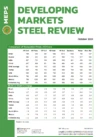
Source:
Developing Markets Steel Review
The MEPS Developing Markets Steel Review is an informative and concise monthly guide to carbon steel prices in important emerging markets around the world.
Go to productRequest a free publication